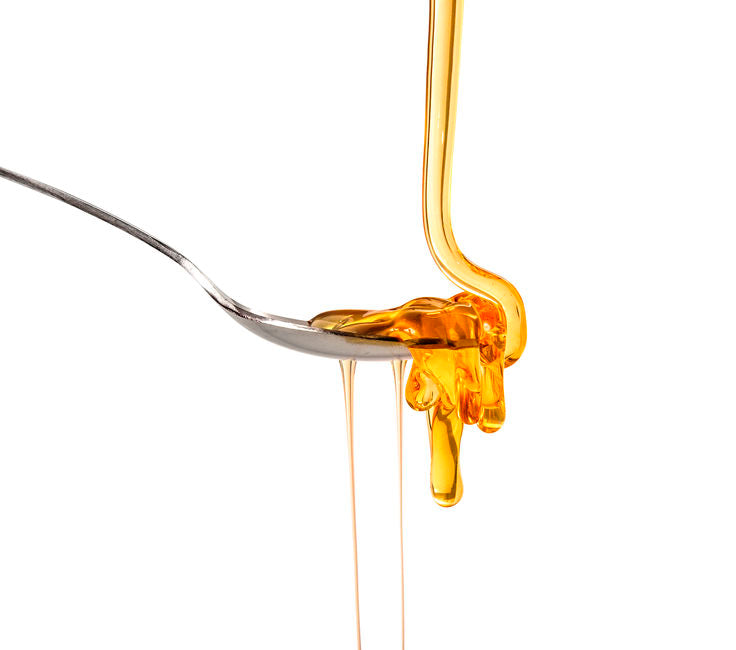Honey Chemistry - Why it does not spoil?
👉 Honey is something of an outlier - It does not spoil or expires over time. Samples of Honey found in Ancient Egyptian tombs which are dated back to 3000 years and were perfectly edible(*supposedly). What is it in Honey that gives it such an unusual property?
👉 The answer lies with the Bees' stomach and their wings. Honey bees extract nectar from flowers to make Honey, this nectar has the same chemical property of a processed sugar i.e, this nectar is pure sucrose.
👉 Honey bees store this nectar in their stomach and break it down into glucose and fructose and deposit this nectar Honey on Bee combs. At this stage, there is still some % of sucrose in the Honey and which cannot be further broken down.
👉 This Honey, which is now on bee combs, has 70% water in it, honey bees keep fanning the bee combs with there wings to reduce the water content to as low as 17%.
👉 This lowered water activity in Honey makes it impossible for any bacteria or fungi to develop on it, which reduces the chances of honey spoil to a minimum.
👉 Another factor that prevents Honey from spoiling is its PH value, which is around 4: What it means is Honey is an acidic food packed with components like formic acid, citric acid, and the dominant gluconic acid. This acidic property of Honey further prevents any bacteria growth in Raw Honey as bacteria thrive in neutral rather than acidic conditions.
👉 The whole breaking down of nectar and fanning to remove water takes place in 1-3 days.
👉 One final point: You must have noticed that over time honey starts to crystalize and solidify: This happens because the 17% water further evaporates. The crystallization of honey is a natural process, and it does occur in some of the types of Honey.


